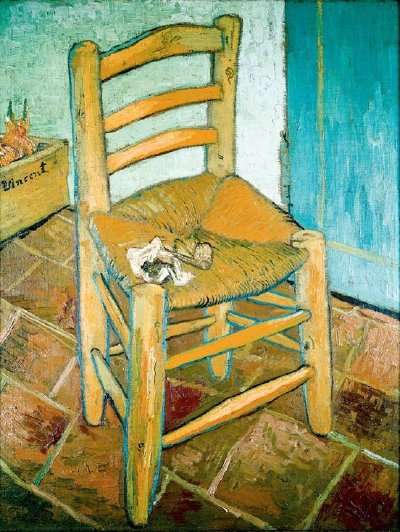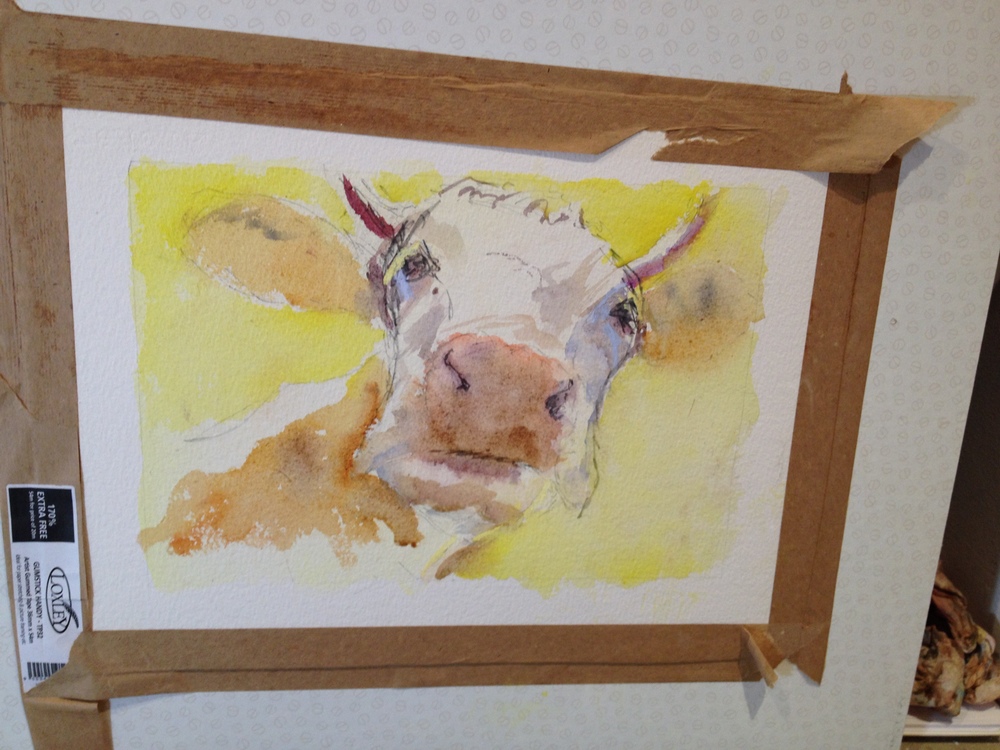What if there are no mistakes?

Dale Arey is to blame.
Dale was in my class at primary school and he was REALLY good at art. At 8 years old, he could draw things so they looked just perfect, whereas my pictures never came out as I imagined them. (As an aside, Dale Arey was super cute with curly blonde hair and blue eyes and I dreamed he would marry me and we would live happily ever after ... except when I wasn't dreaming of being a pop star ... or a Leeds United football player ... or an astronaut ... )
But no matter how fickle my ambitions were at that stage of my life, one thing was clear - I wanted to be able to draw like Dale Arey.
You see, Dale never seemed to make a mistake. His ellipses were perfect. His cubes were in perfect proportion. His lines were straight as an arrow. And "getting it right" was super-important to me back then. Because you got praise for getting it right, and when you made a mistake, people pointed it out.
But there's the thing - and it's taken me 50 years to learn this - THERE ARE NO MISTAKES.
You draw or paint what you see and what you see is filtered through all kinds of experiences and ideas and ups and downs and tragedies and triumphs ... and that's true whether you're 8 years old or 60 years old.
The teachers and friends and parents who point out a child's artistic 'mistakes' mean well but they don't get it. They're just plain wrong.
Imagine if Van Gogh's friends had told him 'but that chair isn't technically right and the tiles aren;t straight"

On one level they'd be right, but on the level that counts, they'd be way off base.
Because what's wonderful about that chair is the way it hums with life and personality and vibrant joy, and it couldn't do that if the tiles weren't technically off. It reflects how Van Gogh was feeling and what he saw depended on that feeling.
Dale's drawing of the Faraway Tree was filtered through his own (in my mind) ideal, blonde, blue-eyed experience of life whereas mine was filtered through the tragedy of adoring him only to have him tell me, right to my face (!) "To be honest, I like Jacqueline Gelder better than you."
No wonder my lines weren't straight!
You want that one?
Most of the paintings I've sold have not been my favourites. Most of the paintings I loved - because they were technically proficient - haven't sold.
It turns out that 9 times out of 10, the imperfect painting will win out over the close-to-perfect one.

In the end it comes down to this ... mistakes, imperfections, flaws... they're all part of what makes us human and therefore what connects us with other humans. As artists, we have to put down on paper or canvas what we really see, and we have to do it without censoring ourselves, and without telling ourselves that this or that line was a mistake. Because there are no mistakes. There is only the honest sharing of what we - and only we - see and experience.
Warts and all.